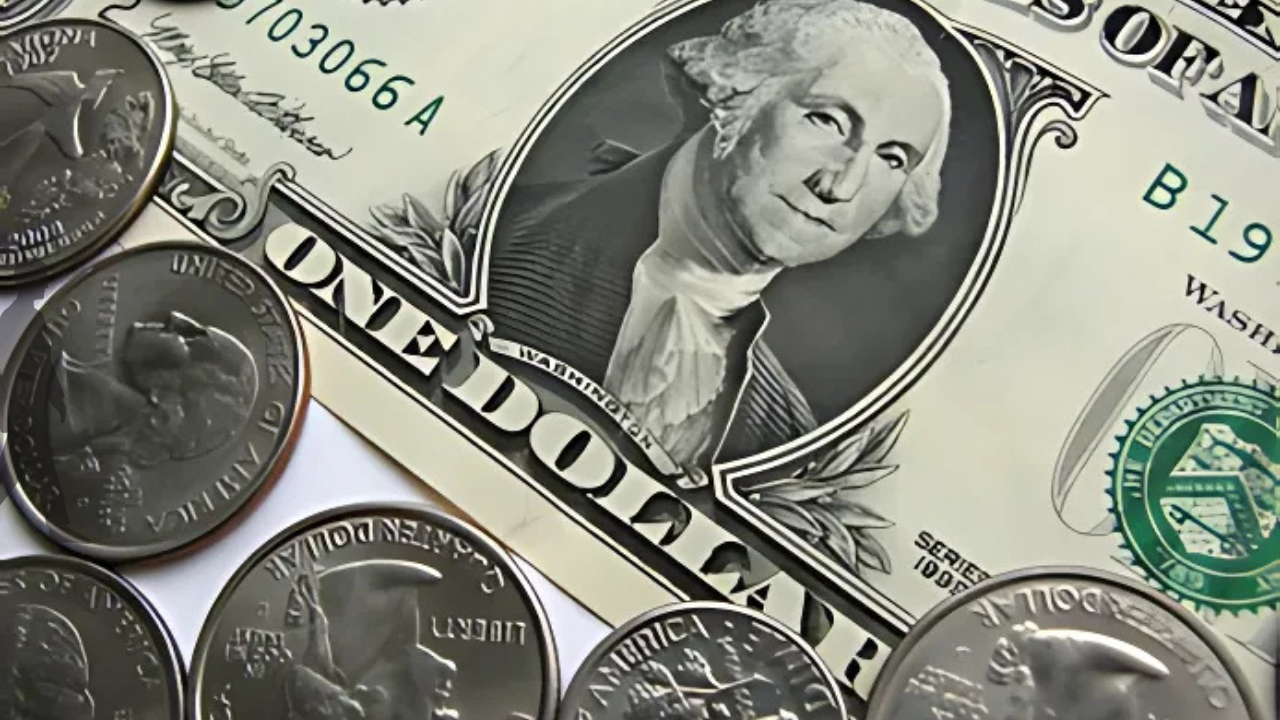
By: Payel
Published on: Mar 15, 2025
Introduction: A Surprise Economic Downturn Shakes Markets
The British pound stumbled on Friday, 14 March 2025, after the Office for National Statistics (ONS) revealed an unexpected 0.1% contraction in the UK’s GDP for January. This downturn defied analyst expectations of 0.1% growth and marked a sharp reversal from December’s 0.4% expansion. The data has intensified pressure on Chancellor Rachel Reeves ahead of her spring statement, while investors flocked to gold as global trade tensions and recession fears escalated. In this comprehensive analysis, we dissect the UK’s economic challenges, commodity market movements, and the implications of Trump’s latest tariff threats.
Key Stats:
The ONS report highlighted a broad-based slowdown, with manufacturing and services sectors both underperforming. Production sector output fell 0.9%, driven by a steep drop in manufacturing, while services—which account for 80% of the UK economy—barely grew. Notably, food and beverage services (-2.1%) and accommodation (-3.4%) were the worst-hit industries.
Expert Insights:
Implications for the Spring Statement:
Chancellor Rachel Reeves faces mounting pressure to address weakening growth and rising labor costs. With employers’ national insurance contributions set to rise in April, sectors like hospitality and manufacturing could see further strain, risking a prolonged economic slump.
The pound fell 0.2% against the dollar to $1.2932, its lowest level since February 2025, as markets reacted to the GDP shock. Against the euro, the GBP held steady at €1.1917, but analysts warn of further volatility.
Why the Pound is Vulnerable:
Chart Analysis:
Gold futures (GC=F) soared past 3,000/ozforthefirsttime,peakingat3,000/ozforthefirsttime,peakingat3,004.60, as investors sought shelter from equity market turmoil and geopolitical tensions. Spot prices followed, climbing to $2,990.81.
Drivers of the Rally:
Jim Reid, Deutsche Bank: “Trump’s VAT-as-tariff rhetoric could escalate EU-US tensions, destabilizing global trade.”
Brent crude (BZ=F) rose 1% to 70.13/barrel,whileWTI(CL=F)gained1.367.38, driven by US sanctions on Iran’s oil minister and shipping networks. However, analysts caution that tariffs and oversupply may cap gains.
Market Dynamics:
Derren Nathan, Hargreaves Lansdown: “Tariffs and slowing global growth could offset geopolitical supply risks.”
Former President Donald Trump’s latest trade threats have drawn criticism for undermining the Federal Reserve’s inflation goals. His proposed 200% tariff on EU alcohol imports—a retaliation against EU steel/aluminum duties—has heightened fears of a transatlantic trade war.
Key Concerns:
The UK’s blue-chip index gained 0.4% to 8,574 points, buoyed by mining and energy stocks. However, the GDP data and global headwinds suggest limited upside for domestically focused firms.
Conclusion: Navigating a Fragile Economic Landscape
The UK’s unexpected GDP contraction underscores the precarious balance facing policymakers: stimulating growth while managing inflation and labor costs. With the pound under pressure, gold at record highs, and oil markets torn between sanctions and surplus risks, investors face a complex landscape. Meanwhile, Trump’s aggressive trade tactics threaten to derail global economic stability, making cautious portfolio diversification essential.
As Chancellor Reeves prepares her spring statement, all eyes will be on measures to revive manufacturing, support SMEs, and mitigate tariff impacts. For now, the data signals a rocky road ahead—one where safe havens like gold may remain in focus.
Comments
No comments yet. Be the first to comment!
Leave a Comment